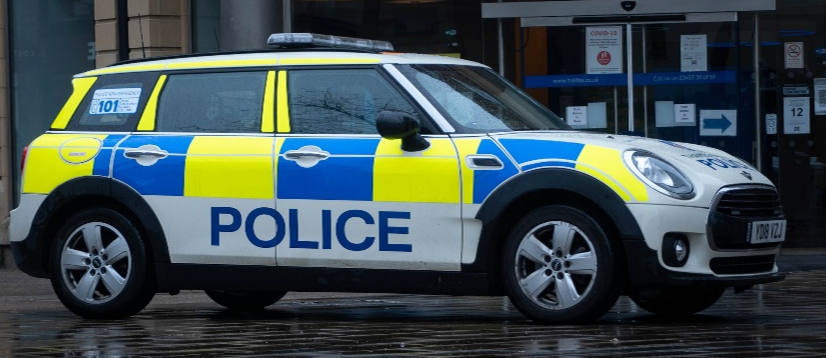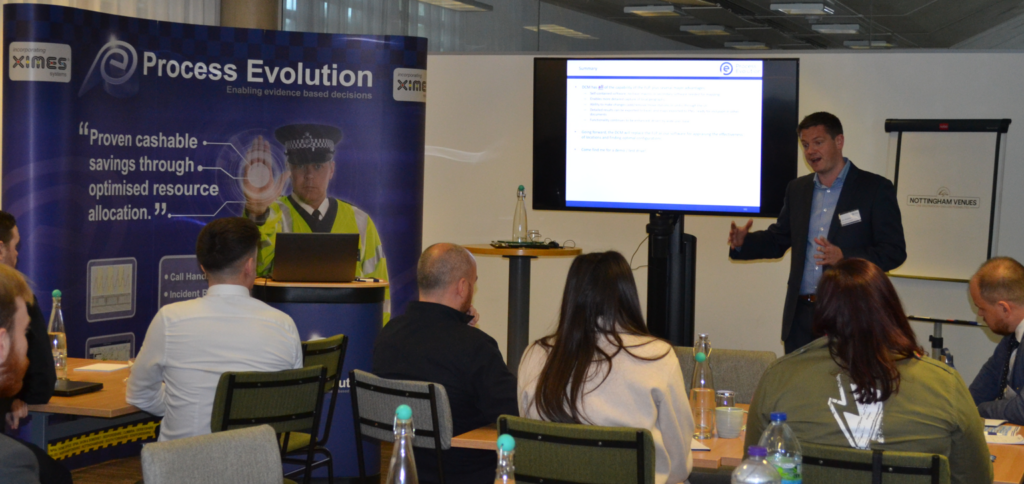;)
Understanding the intricacies of a response officer’s shift has always been a challenge in the policing landscape. In our quest to provide valuable insights for our clients and enhance our analytical capabilities, Jon Mobbs presented the findings of a comprehensive survey involving 318 respondents and a staggering 2,034 shifts. This survey aimed to shed light on the daily activities and tasks undertaken by response officers, providing a crucial baseline for profiling and further analytical work.

The force under examination initially lacked a clear understanding of how their officers spent their time during shifts. To address this gap, the survey categorized officer workloads into two main groups: General Activities and Tasks. Each category encompassed various sub-tasks, offering a detailed breakdown of officer responsibilities.
Key Findings:
- Time Allocation:
- On a typical shift, response officers spend approximately 3 hours and 44 minutes on general activities and an additional 5 hours and 35 minutes on specific tasks.
- The survey indicated a 60:40 split, with 60% of the time devoted to tasks and 40% to general activities.
- Task Completion Metrics:
- On average, officers complete 2.6 tasks per shift, with 8% of shifts dedicated solely to general activities.
- Responding to an incident takes an average of 2 hours and 7 minutes, while a secondary investigation lasts 1 hour and 29 minutes.
- Notably, 43% of the tasks related to responding to incidents involved paperwork associated with the incident or crime.
- Comparison with Police Activity Survey (PAS):
- A comparison against the Police Activity Survey (PAS) was conducted, revealing a similar overall weighting with tasks being the majority of officers’ time.
- However, differences in general activities raised questions about the comparability of survey results, urging caution in making direct comparisons.
The survey, with its detailed breakdown and analysis, offers a valuable lens into the daily activities of response officers. While command and control data can provide a baseline, the survey’s qualitative insights enrich the understanding of a typical response shift. As we delve into the world of policing analytics, supplementing workshops and data analysis with surveys becomes pivotal for modelling Process Evolution tools effectively and meeting unique analytical needs.
For those interested in conducting similar surveys within their police service or seeking guidance on analytical methodologies, we invite you to contact us. Our commitment is to empower policing professionals with robust insights for informed decision-making.
For more insights and updates, stay connected with our ongoing conversations at www.processevolution.co.uk or reach out to us via email at info@processevolution.co.uk